Soapbox Science arrived in Newcastle on the 16th of June, 2018 and was a resounding success for all involved! The initiative, which was set up in 2011, aims to promote and showcase some of the scientific work that women are doing around the region. Staff from our own faculty organised the event, and along with our own scientists and those from the Faculty of Science, Agriculture and Engineering, we were joined by researchers from Durham University and the University of York. Each speaker spent an hour on a soapbox at the Monument talking to passers by about the importance of their research. We have to thank all the volunteers who helped engage the public, discuss elements of their scientific research and make it such a great afternoon.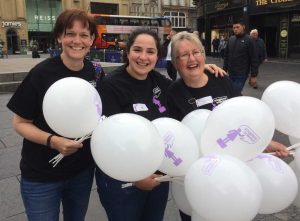
There were lots of topics, including living slime, how our bodies age, and how animals see the world. Here’s what one of the members of our faculty, Dr Diana Umeton, had to say about what she thought of Soapbox Science’s event at Monument:
“Soapbox Science has been a great experience for me. I was a volunteer last year and this year I was a speaker. I enjoyed every bit from the training and the preparation of the props to speaking to two young girls about their doubts and curiosity about animal vision. For me, being able to bring the science that we do in the lab out in to the street is a way to give something back to the public. I hope that by talking to the crowd about science and how scientific progression affects their everyday life I inspired and motivated young people to pursue their interest and their parents to support them in doing so. “
If you’re interested in becoming a speaker or a volunteer next year, look out for the call early in 2019.

And if you’d like to see the full list of speakers at Soapbox Science’s Newcastle event and additional photos from the day, then click here for more information.

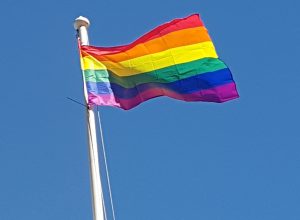 This month sees the return of Newcastle Pride to the city for an eleventh year, with the main event taking place on Friday 20
This month sees the return of Newcastle Pride to the city for an eleventh year, with the main event taking place on Friday 20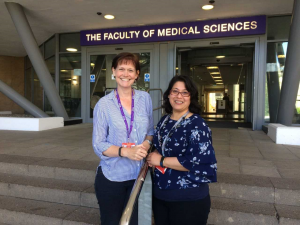
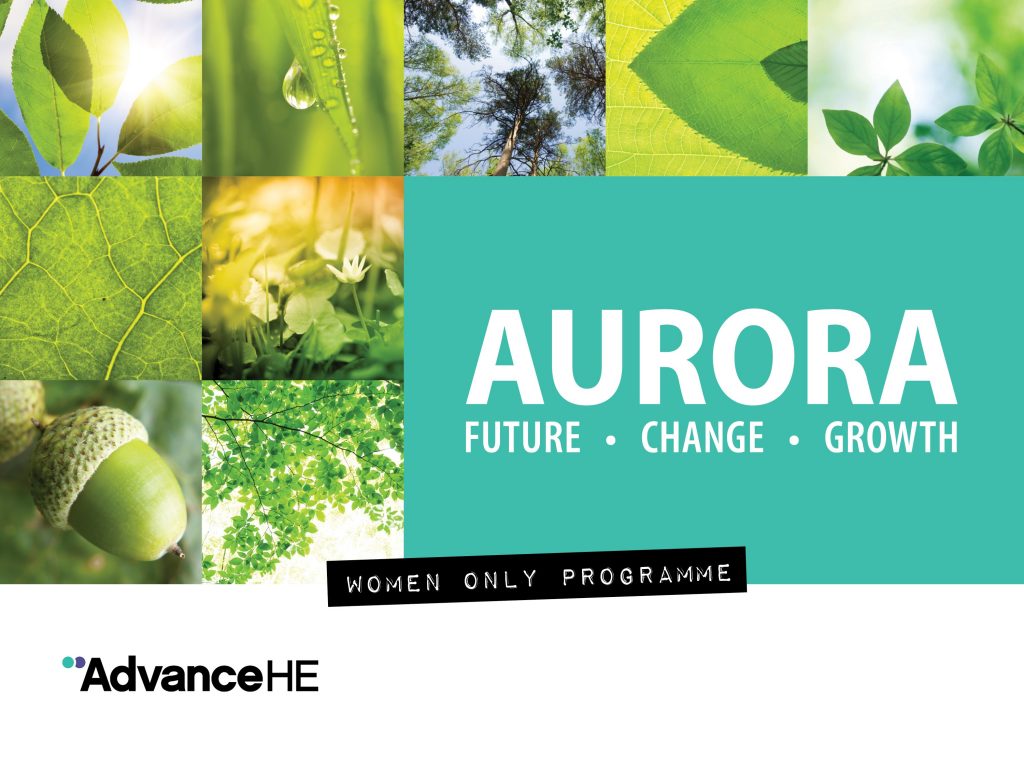 Over the last few years, our Faculty has supported over 20 staff to attend the
Over the last few years, our Faculty has supported over 20 staff to attend the 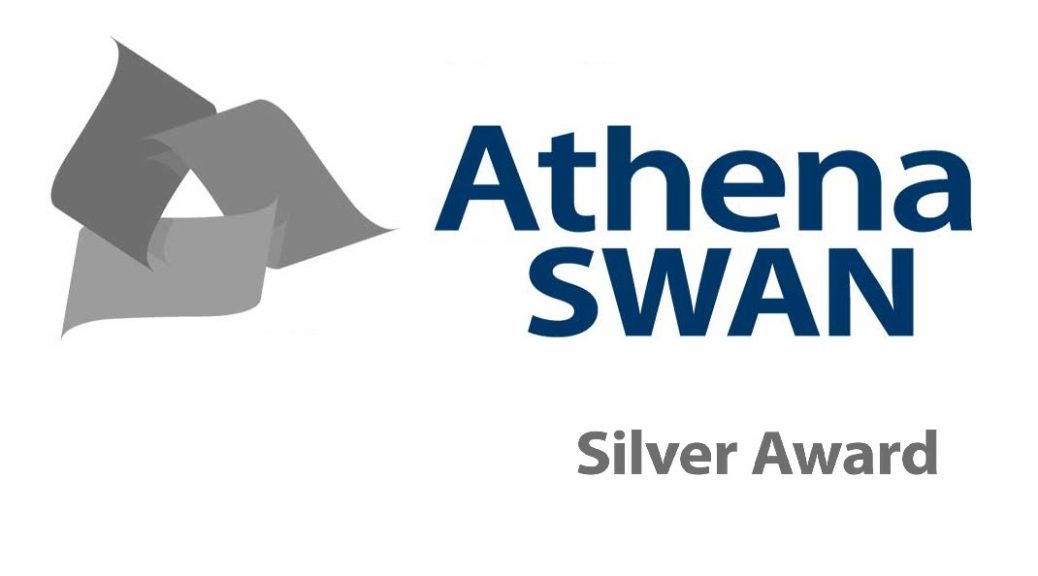
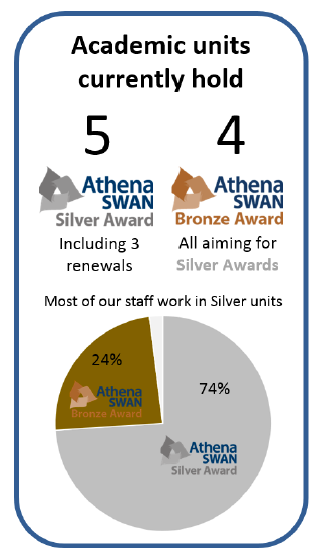 This was the question we asked ourselves over two years ago now – should we keep making 10 or more individual Athena SWAN applications, or just make a single Faculty application? We hold 5 Bronze and 4 Silver departmental awards: with around 75% of our staff in Silver departments, was it time to make a Faculty Silver application?
This was the question we asked ourselves over two years ago now – should we keep making 10 or more individual Athena SWAN applications, or just make a single Faculty application? We hold 5 Bronze and 4 Silver departmental awards: with around 75% of our staff in Silver departments, was it time to make a Faculty Silver application?